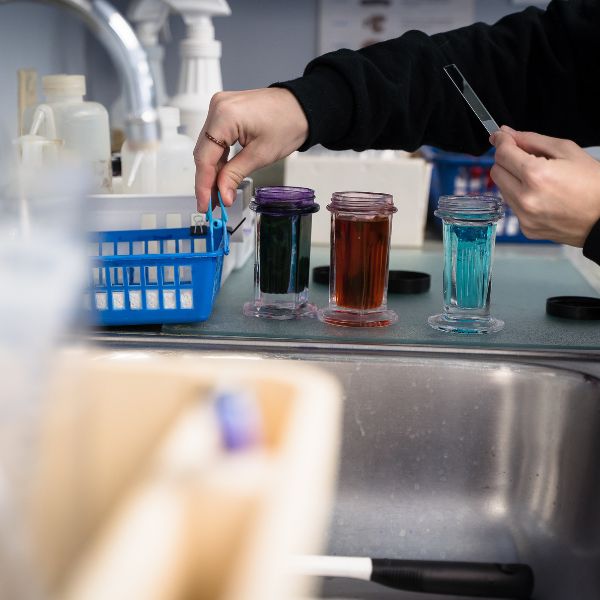Hillside Animal Hospital
The best possible care for St. Louis pets.We are a full-service veterinary medical facility, located in St. Louis, MO. Our professional and courteous staff seeks to provide the best possible medical care, surgical care, and dental care for our highly-valued patients.
Welcome to Hillside Animal Hospital in St. Louis
We are committed to promoting responsible pet ownership, preventative health care, and health-related education for our clients. Hillside Animal Hospital strives to offer top-notch care to our patients as well as superior client service to their owners. We want our clients to see our compassion for their pets and our passion for our profession.
Full-service veterinary medical facility
AAHA-Accredited


Our veterinary services
The veterinarians and staff at Hillside Animal Hospital are ready to provide your pet with cutting-edge veterinary medical care. From wellness exams and vaccines to advanced diagnostics and complex surgical procedures, your dog or cat will receive high-quality care at our hospital.
Wellness Care
We believe annual wellness care is imperative to keeping your pet happy and healthy!
Advanced Diagnostics
We offer the latest technology in diagnostics as a means of providing your pet with a high level of care.
Surgical Treatments
Our veterinary team takes every precaution so that your pet receives the highest-quality care.
View All Services

Our veterinary services
Pet Preventative Care
We believe annual wellness care is imperative to keeping your pet happy and healthy!
Advanced Pet Diagnostics
We offer the latest technology in diagnostics as a means of providing your pet with a high level of care.
Pet Surgical Treatments
Our veterinary team takes every precaution so that your pet receives the highest-quality care.
View All Services

We love our clients
and patients
Thank you for making Hillside Animal Hospital one of the highest-rated veterinary hospitals in St. Louis, MO! Your kind words mean the world to us, and we’re so thankful that you’ve taken the time to provide us with feedback.









